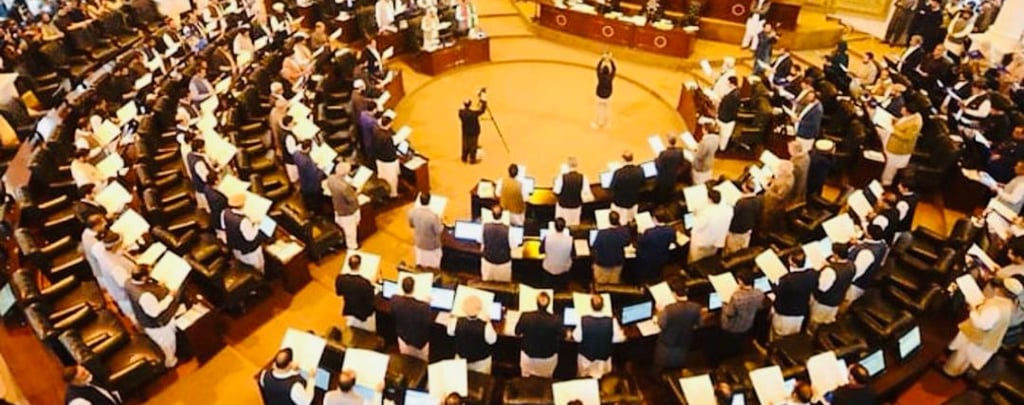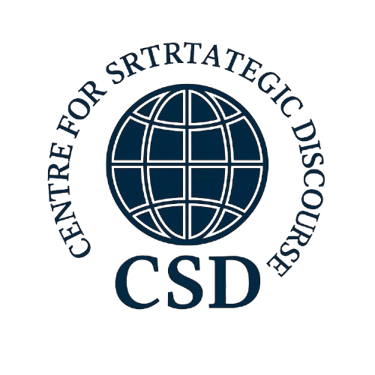Add your promotional text...
ISLAMABAD — A proposed overhaul of mineral laws in Khyber Pakhtunkhwa has ignited fierce debate among civil society, industry players, and political observers, who warn that the new policy could centralize power, jeopardize investment, and expose local resources to foreign exploitation.
The draft Minerals and Mining Act, which is still under review, has been labeled unconstitutional by several experts and journalists. It’s drawing particular scrutiny for provisions that could empower the federal government to override provincial authorities — a move critics argue violates the spirit of the 18th Constitutional Amendment.
Controversial Clauses Raise Red Flags
Reporting in Business Recorder, journalist Rizwan Ghani highlights several clauses seen as especially problematic:
Federal Oversight: Section 2(y) empowers the Federal Mineral Wing to oversee mining business activities — a role traditionally reserved for provinces.
License Control: Section 10 mandates that provincial authorities comply with federal directives on issuing and renewing mining licenses. Refusal could result in criminal charges.
Sweeping Powers: Section 20 gives the federally-controlled Mineral Investment Facilitation Authority (MIFA) expansive influence over provincial decisions.
Forced Access: Section 29(h) allows federal authorities to enter provincial areas for “strategic energy” projects, potentially undermining land rights.
Mandatory Joint Ventures: Section 2(kk) requires private firms to form joint ventures with the state, which some liken to forced acquisition.
Equal Status for Foreign SOEs: Section 2(rrr) grants foreign state-owned enterprises the same privileges as local government entities, raising national security concerns.
On the Ground: Industry Voices Dissent
Local industry leaders are also sounding the alarm. Shahzada Muddasirul Mulk, President of the Mines and Minerals Association in Chitral, said the reforms could have a chilling effect on investment. In an interview with The News, he criticized the expansion of bureaucratic approvals and reduction in lease durations.
“Mining in regions like Chitral needs long-term investment. If leases are shortened and approvals become more complex, who will invest?” Mulk asked. “The existing laws are already sufficient to cancel dormant licenses. These new changes only invite corruption and red tape.”
U.S. Eyes Pakistan’s Strategic Minerals
At the same time, Pakistan’s mineral wealth is drawing international attention — particularly from the United States. In early April, a U.S. delegation led by Eric Meyer, Acting Assistant Secretary for South and Central Asian Affairs, visited Islamabad for the Pakistan Minerals Investment Forum.
Meyer emphasized the importance of rare earths and other critical minerals to U.S. industries, describing Pakistan as a key partner in ensuring “responsible and transparent” supply chains. Meetings with Pakistan’s top civil and military leaders signaled Washington’s interest in long-term collaboration.
Prime Minister Shehbaz Sharif welcomed the outreach, inviting American companies to invest in the sector, which he labeled a national priority.
Political Turmoil Complicates Reforms
Back home, the legislation is emerging against a backdrop of political tension. The Pakistan Tehreek-e-Insaf (PTI)-led provincial government in KP is currently operating under duress, with its de facto leader incarcerated and cut off from legal counsel and family visits. Critics say this raises questions about the transparency and legitimacy of any major legal changes undertaken at this time.
Observers warn that rushing through reforms without broader consultation could repeat past mistakes. In Balochistan, lack of inclusion in resource decisions has historically led to unrest — and even violence. Analysts fear similar outcomes in KP if community voices are ignored.
Call for Inclusive Dialogue
With constitutional implications and strategic interests at play, stakeholders are urging the government to open the bill to parliamentary debate and public consultation. Only through transparent policymaking, they argue, can Pakistan avoid public backlash and ensure sustainable development of its mineral wealth.
As the world watches, the stakes for KPK and the nation have never been higher.


Digging Into Controversy: KP’s Mineral Law Faces Backlash
This investigative piece examines the controversial new mineral policy proposed in Khyber Pakhtunkhwa, which critics claim threatens provincial autonomy, deters investment, and risks strategic resource control. Featuring insights from legal experts, industry leaders, and geopolitical developments — including U.S. interest in Pakistan's rare earths — the article unpacks the legal, economic, and political implications of the draft Minerals and Mining Act, urging transparency and inclusive dialogue before implementation.
CSD Islamabad
5/8/20242 min read
Stay informed with our latest project news.
Connect
info@strategiccentre.org
© 2025. All rights reserved.
media@strategiccentre.org
Terms & Policy
Stay UPDATED
